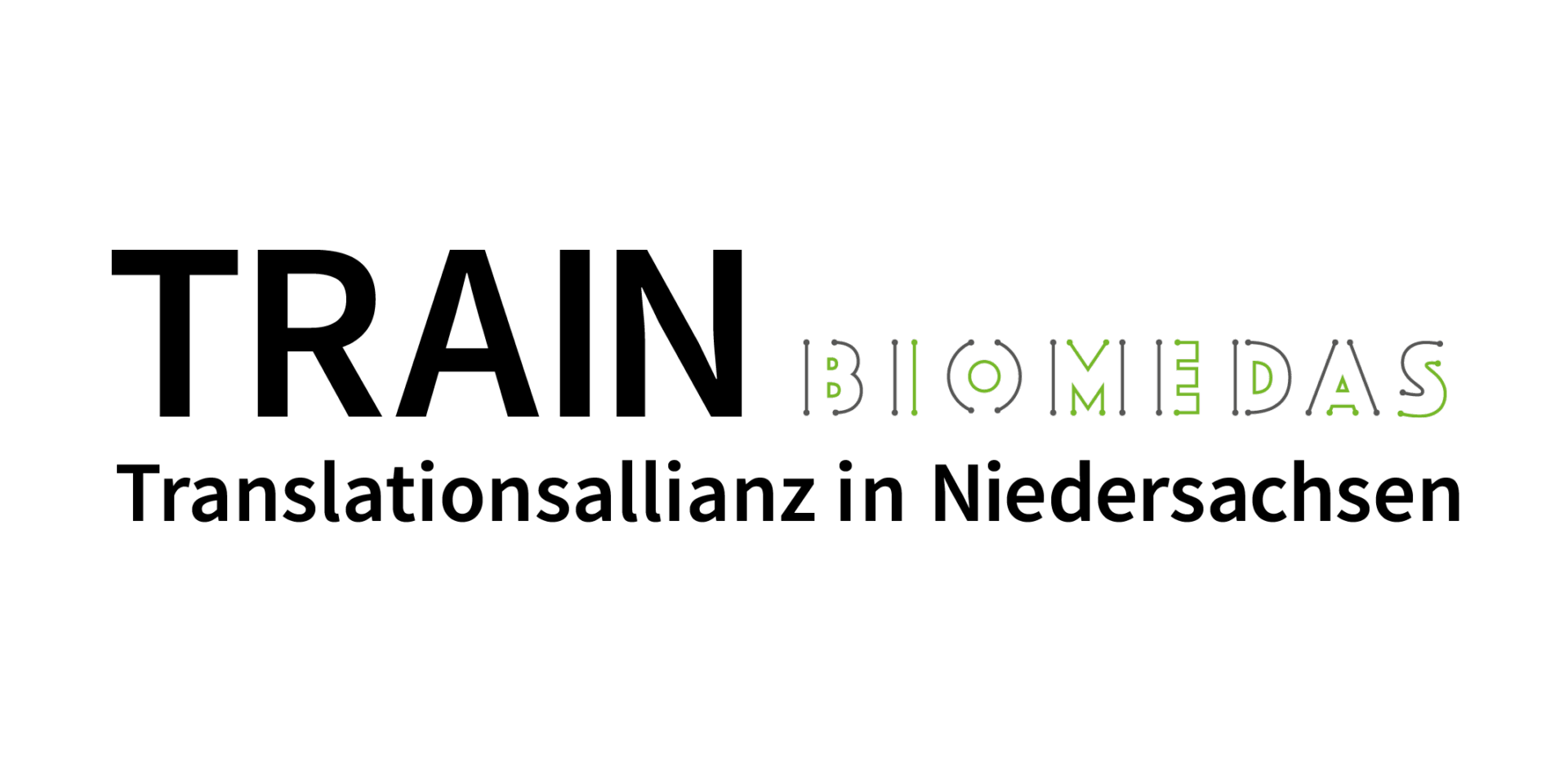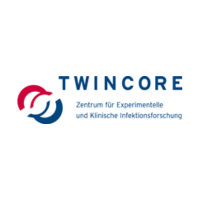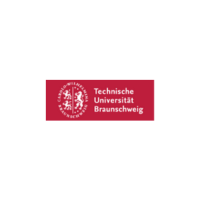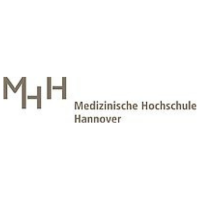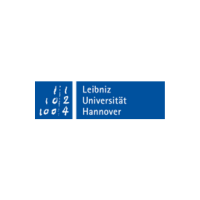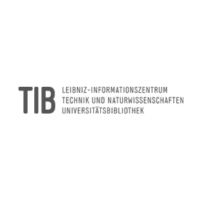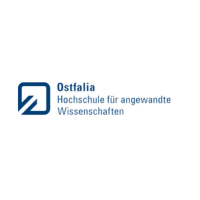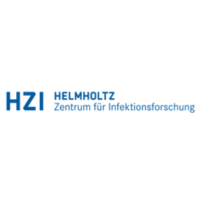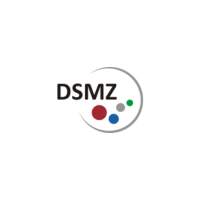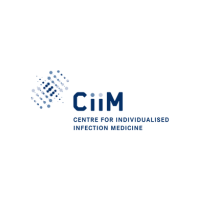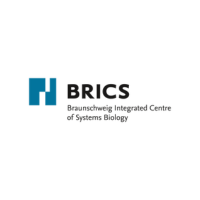BIOMEDAS
BIOMEDAS (“BIOMedical Data Science”) is the doctoral program of the Translational Alliance in Lower Saxony (TRAIN).
What is BIOMEDAS?
Digitalization and advances in data science – including artificial intelligence – which influence and transform all areas of life, are also affecting the life sciences and health-related sciences. Even today, large datasets are routinely collected and systematically recorded for each individual patient. In the coming years, the complexity is expected to increase further due to the growing use of both molecular and imaging diagnostics. The resolution level – already down to single-cell level – will continue to rise across all life science disciplines.
As a result, the necessity of handling huge datasets containing information on phenome, genome, and exposome, as well as continuously measured health data such as heart rate or activity data from wearables, will keep increasing. The processing and analysis of such complex and large datasets is one of the biggest challenges for the life sciences and especially for health-related sciences. However, due to a lack of experts and the corresponding infrastructure, the possibilities for forward-looking analyses are still severely limited.
BIOMEDAS aims to tap into this potential and train the necessary professionals.
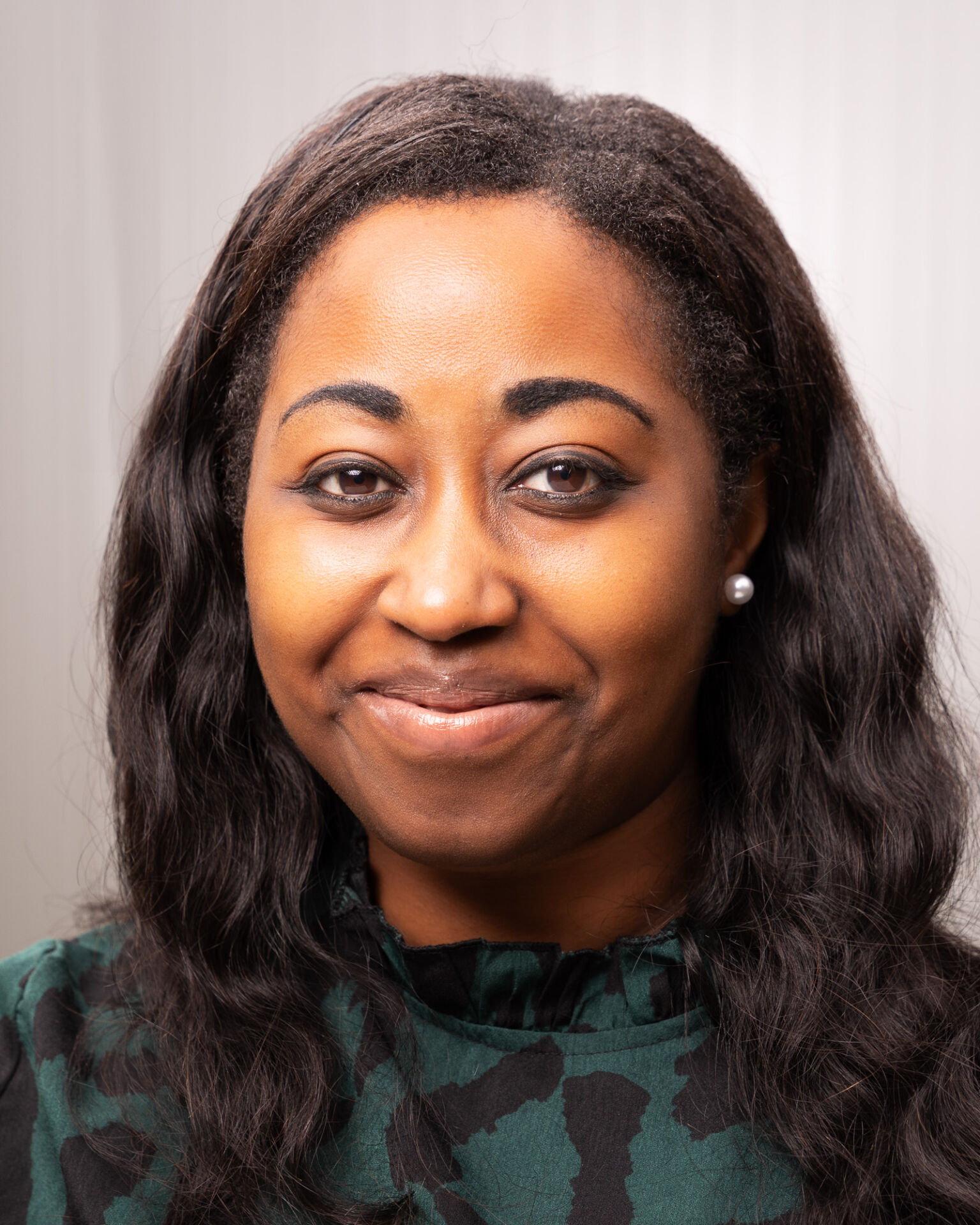
Elisa Bosse
BIOMEDAS (“BIOMedical Data Science”) is the doctoral program of the Translationsal Alliance in Lower Saxony (TRAIN). It is affiliated with the Hannover Biomedical Research School (HBRS) and the Hannover Medical School (MHH).
BIOMEDAS is aimed at students of data or life sciences who wish to apply their disciplinary knowledge to biomedical projects at the interface of bioinformatics, medical informatics, databases, data mining, machine learning, applied mathematics, biomedical modeling, and complex network analysis in their doctoral thesis. The program promises the necessary training in bioinformatics. We always welcome qualified applications from these fields. The relevant documents can be submitted at any time, regardless of current vacancies. To apply for BIOMEDAS, you must already have an agreed doctoral project at one of our partner institutions or be employed as a doctoral candidate.
TRAIN brings together the expertise of various regional partners from translational research. At the same time, the idea of a cross-university PhD program was born. The participants from non-university institutions want to combine the scientific and technological disciplines relevant to biomedical data science. That is why they established the joint BIOMEDAS program. The lead institution is the Hannover Medical School (MHH). BIOMEDAS has been integrated into the Hannover Biomedical Research School (HBRS) since the winter semester of 2020.
To apply for BIOMEDAS, you must already have an agreed-upon doctoral project at one of our partner institutions or be employed as a doctoral researcher.
The program itself does not offer PhD positions.
BIOMEDAS is aimed at students who are interested in combining disciplinary knowledge with competencies in biomedical data science. These may be computer scientists or life scientists who already have solid training in bioinformatics and wish to develop a career in biomedical data science. Admission to the PhD program requires a completed university degree
in fields related to computer science (e.g., medical informatics, bioinformatics, physics, engineering, computer science, statistics, mathematics) or health-related fields (e.g., medicine, veterinary medicine, pharmacy, life sciences).
Applicants from computer science must demonstrate a suitable understanding of biomedical research, while applicants from health sciences must demonstrate data science competency. Proof must be provided to the program committee, which may suggest further qualification measures in consultation with the supervisors.
FREQUENTLY ASKED QUESTIONS
THE PROGRAM
The study plan for the PhD program includes a three-year research project selected individually. The program consists of several modules. Participation in at least five lecture series is required for successful completion. Methodological courses must also be attended, and at least one must be completed. A total of 84 teaching hours must be completed through six lecture series. Additionally, 40 hours are covered by two two-day courses.
The accompanying program includes participation in a journal club with at least three publication presentations, a progress seminar with presentations of one’s own work, and a conference with a personal contribution (presentation or poster). Participation in annual retreats and soft skills courses is also required.
In total, the accompanying events include:
* 60 hours for the journal club
* 60 hours for the progress seminar
* 20 hours for participation in an international conference
* 20 hours for retreats
* 20 hours for soft skills courses
The courses are modular and are repeated every two or three years.
Over the three-year duration of the program, at least five modules must be completed.
BIOMEDAS Research Projects Are Divided Into the Following Areas:

Jennifer Debarry

Ulrich Kalinke
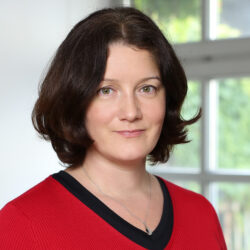
Alice McHardy
STRATEGY COMMITTEE
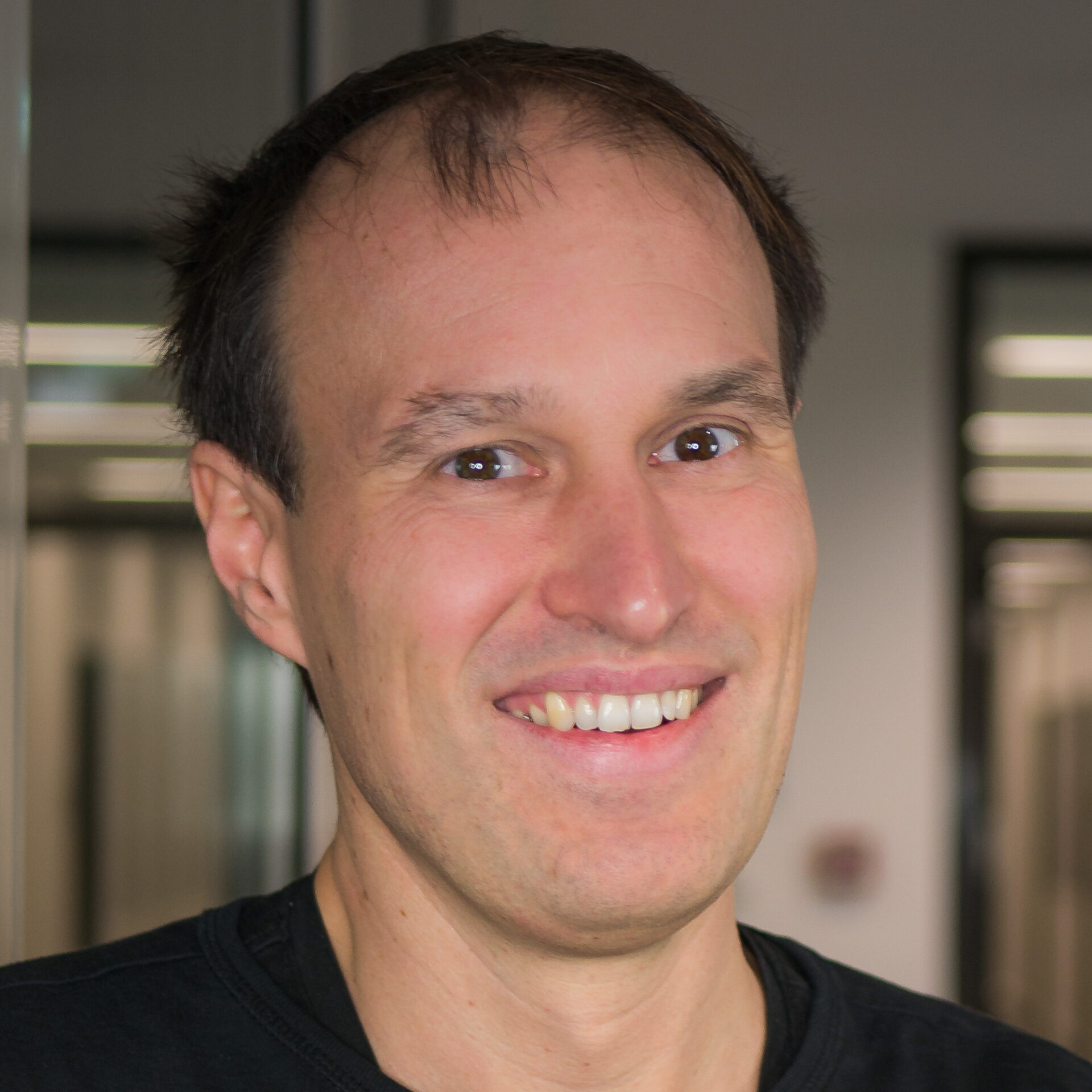
Karsten Hiller
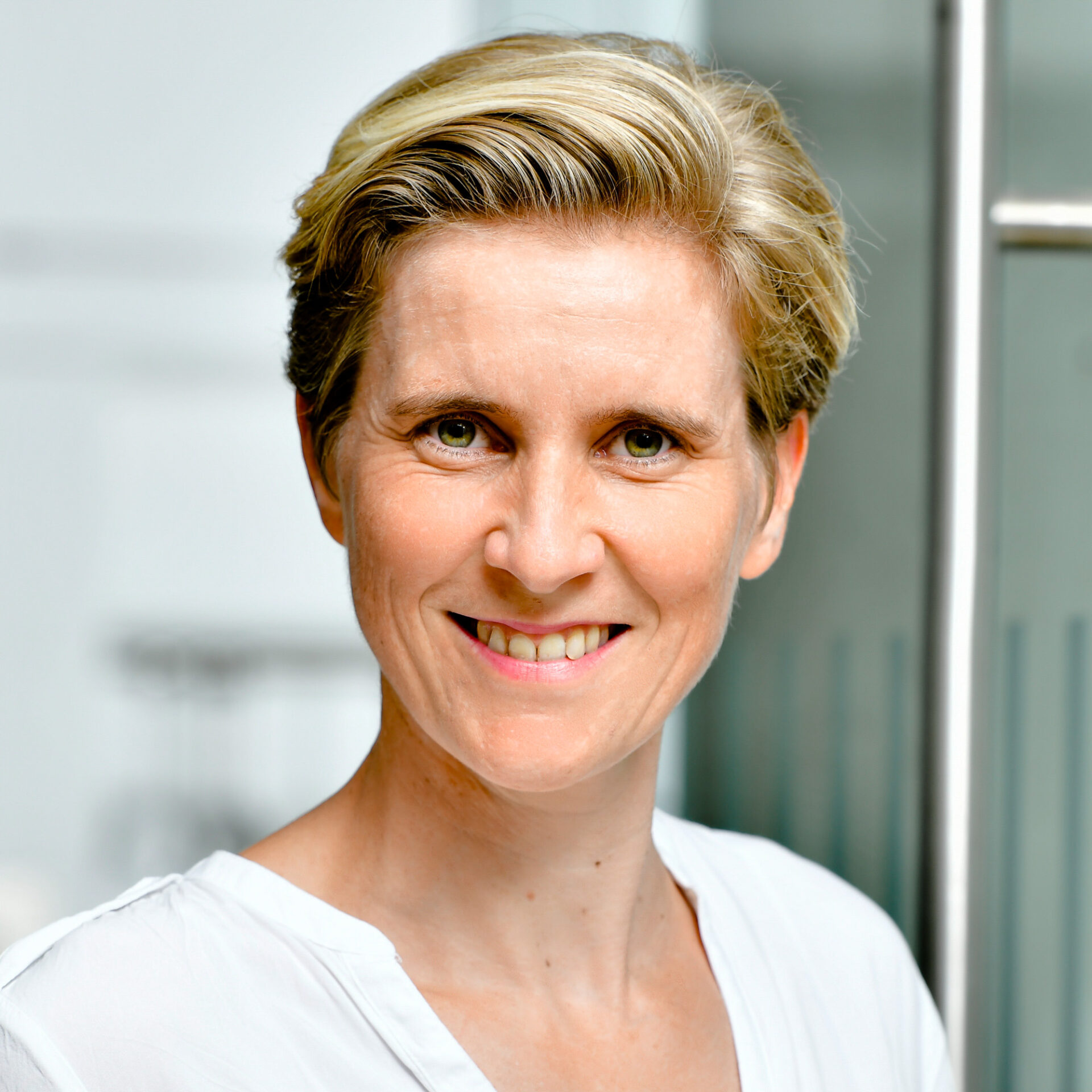
Jennifer Debarry
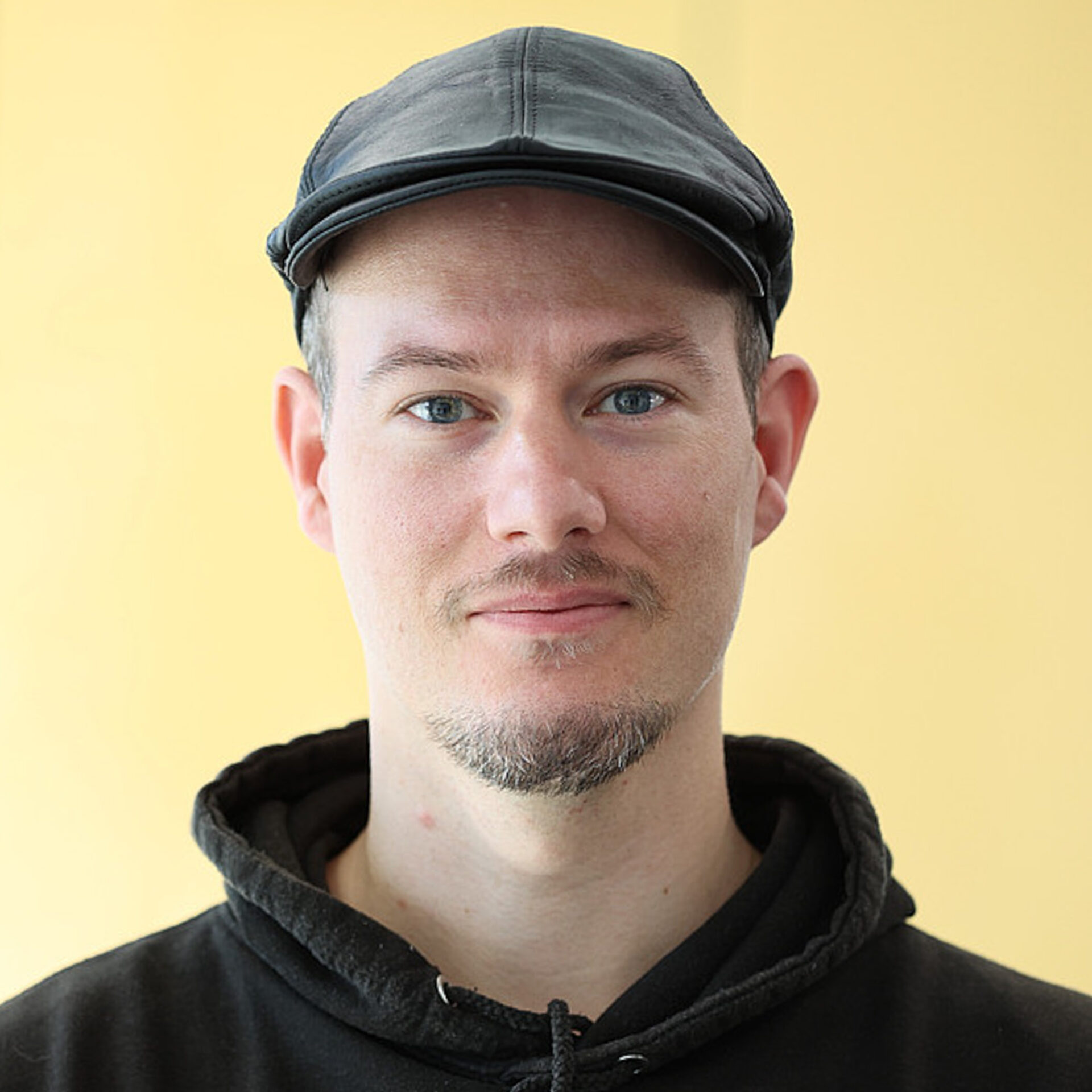
Tim Kacprowski
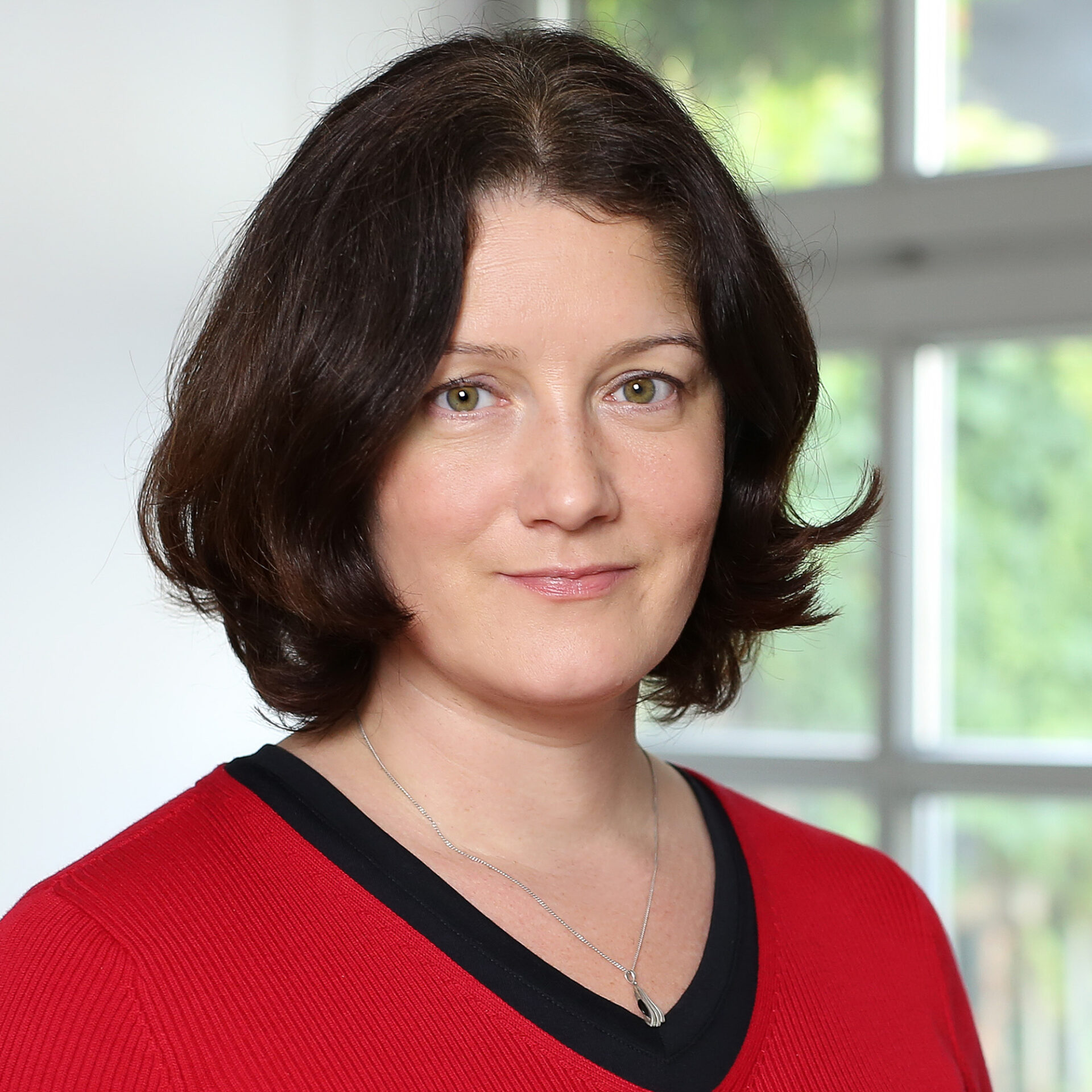
Alice McHardy
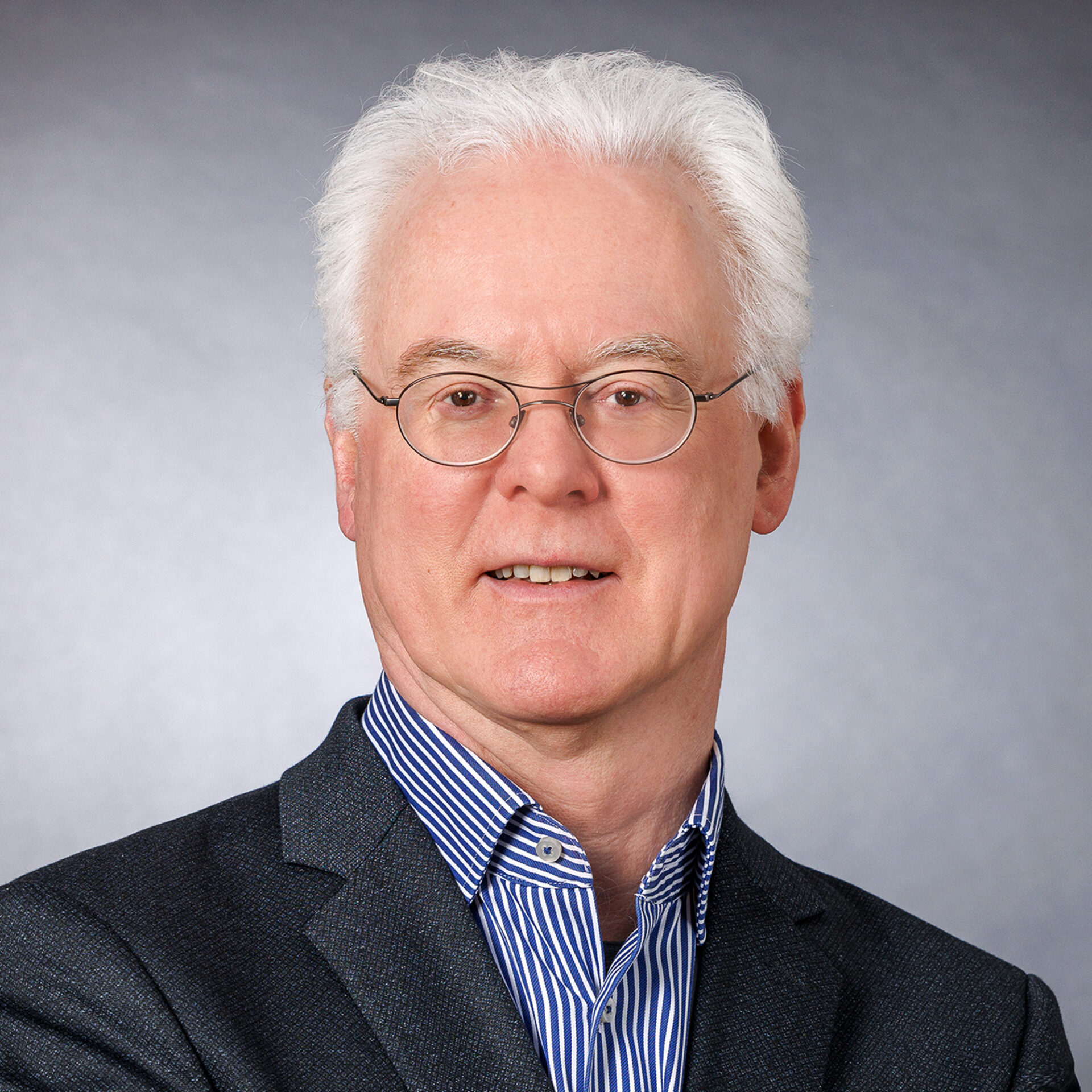
Wolfgang Nejdl
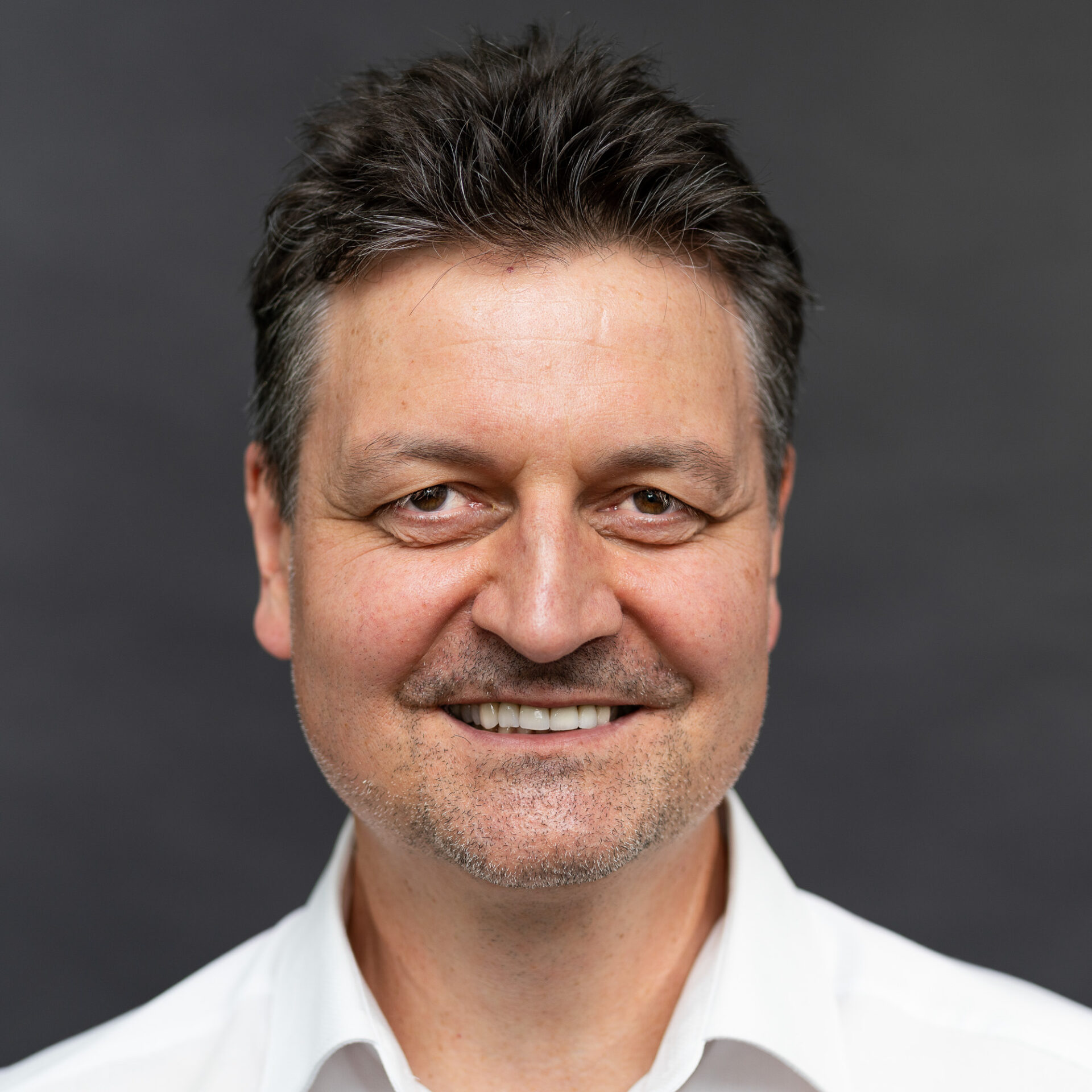
Michael Marschollek

Sören Auer
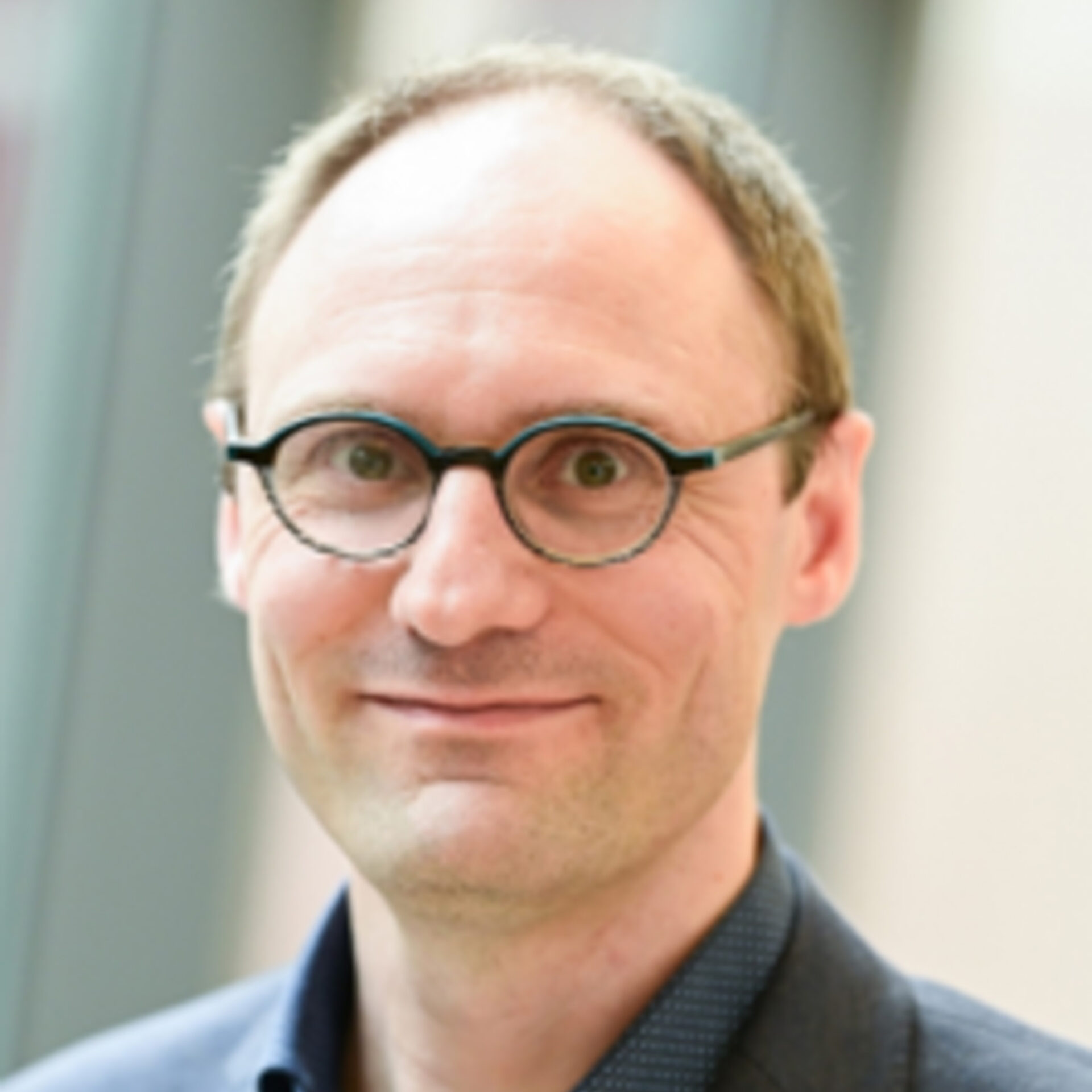
Klaus Jung
Frank Klawonn
Boyke Bunk
Ke Xiao
APPLICATION
Please note: BIOMEDAS does not award PhD positions!
Please submit:
Still have questions? Contact us for more information!
Contact person
Elisa Bosse
+49 511 22002 7111
biomedas@translationsallianz.de
